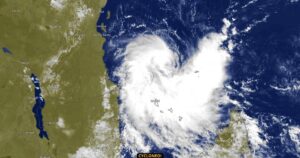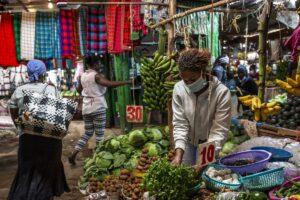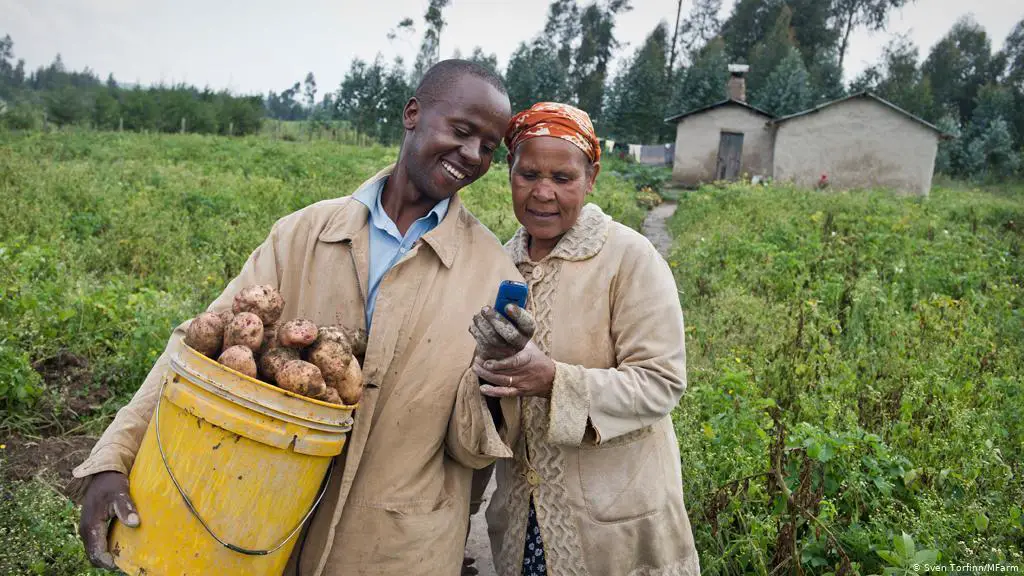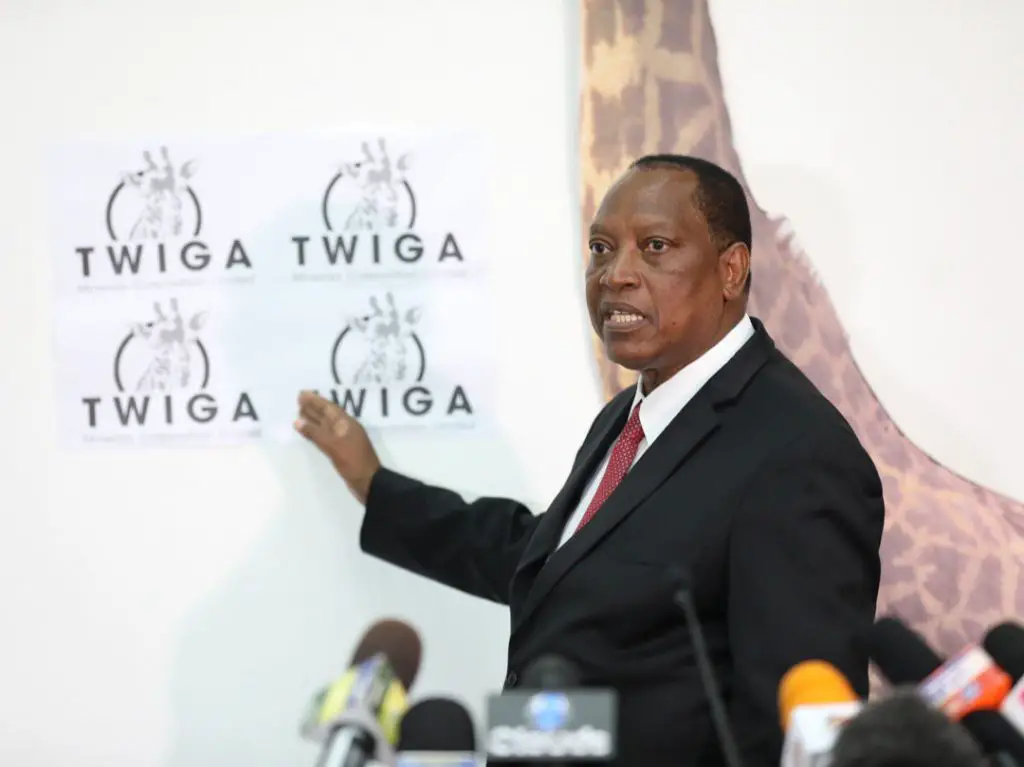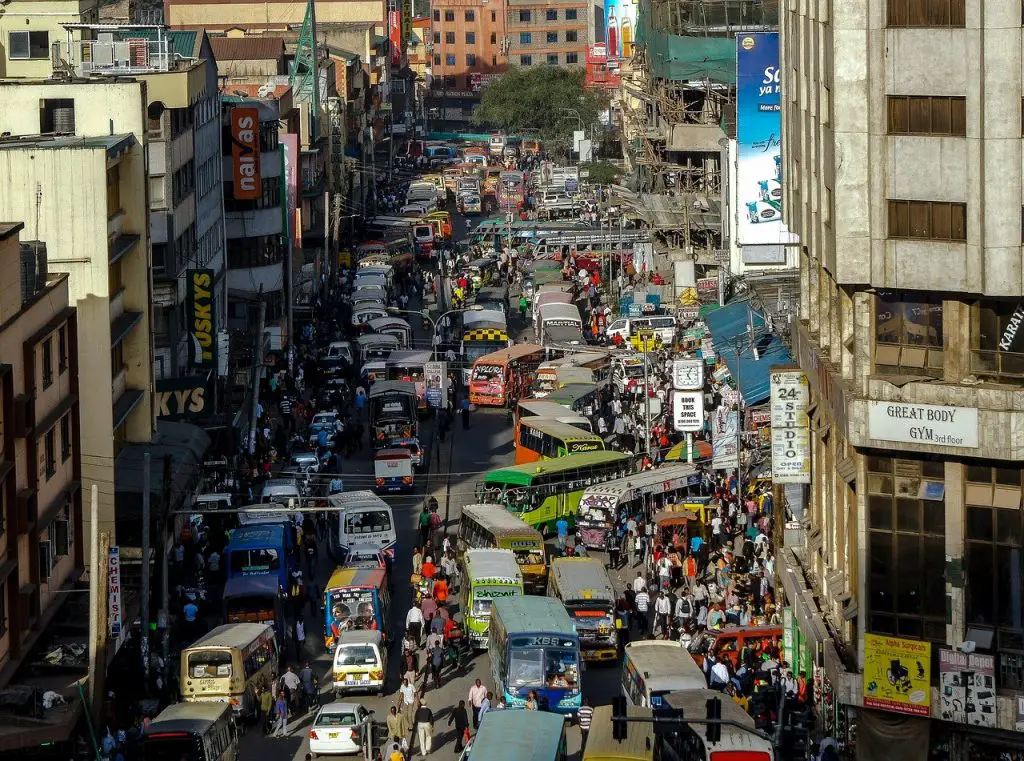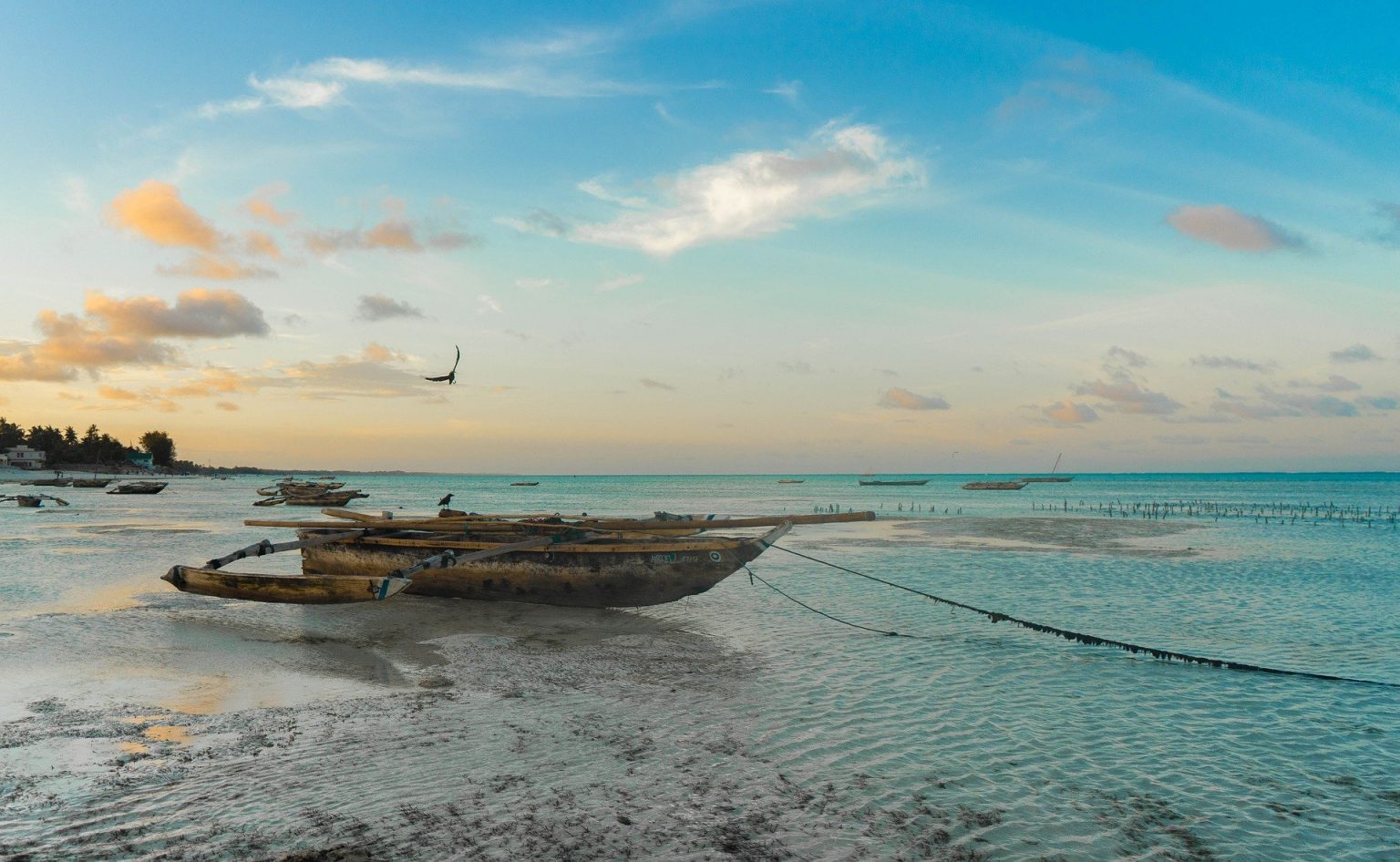- Kenya, Tanzania braces for torrential floods as Cyclone Hidaya approaches
- EAC monetary affairs committee to discuss single currency progress in Juba talks
- Transport and food prices drive down Kenya’s inflation to 5% in April
- Payment for ransomware attacks increase by 500 per cent in one year
- History beckons as push for Kenya’s President Ruto to address US Congress gathers pace
- IMF’s Sub-Saharan Africa economic forecast shows 1.2 percent GDP growth
- The US Congress proposes extending Agoa to 2041, covering all African countries
- Millions at risk of famine as fuel tax row halts UN aid operations in South Sudan
Author: Padili Mikomangwa
Padili Mikomangwa is an environmentalist based in Tanzania. . He is passionate about helping communities be aware of critical issues cutting across, environmental economics and natural resources management. He holds a bachelors degree in Geography and Environmental Studies from University of Dar es Salaam, Tanzania.
It is unfair to mention African development pillars without mentioning the agriculture sector which employs nearly half of the population of sub-Saharan Africa (SSA).
The sector has enormous benefits to the continent, where farmer-centred organizations such as AGRA (Alliance for a Green Revolution in Africa) argue that nearly one-half of the young population is involved in the continent’s 60 million farms.
It is with no doubt that African farms stand to be the next profitable food market suppliers of the world.
“Out of total urban food sales of roughly US$200 to US$250 billion per year, over 80 per centcomes from domestic African suppliers,” according to AGRA.
Nearly 23 per cent of SSA’s GDP comes from agriculture (McKinsey, 2019); the sector is responsible for providing decent income, growth and poverty reduction for SSA.
The region’s food market was valued at $300 billion in 2017 and it could be …
The Government of Tanzania and Barrick Gold entered into a partnership last year, and created a new joint venture, Twiga Minerals Corporation.
Barrick Gold’s one-year-old partnership with the Tanzanian government marked new ground as the Canadian miner was awarded 10 new exploration licenses this year and subsequently plans to spend $8 million on exploration, Barrick’s president and chief executive Mark Bristow said during a recent press briefing.
According to Barrick, the North Mara mine—which was at the centre of scrutiny by the Tanzania government is now “re-energized and ahead of plan in the year to date and Bulyanhulu has resumed underground mining operations and is scheduled to restart processing of underground ore by the end of 2020 as a long-life underground mine”.
All of these affairs operate under the new joint venture named—Twiga Minerals Corporation, in charge to oversee three gold mines, Bulyanhulu, North Mara and …
Wildfire strikes Africa
It is no quite often Tanzania experiences wildfires ravaging world heritage sites, but currently, it is facing fire battle. For nearly five days now wildfire has been causing havoc in Tanzania’s Kilimanjaro mountain and Africa’s highest peak—with 5,895 meters.
According to information from The Citizen, still the Tanzania National Parks (TANAPA) until yesterday, still, no new information on the progress of the fire had been produced.
According to TANAPA communication official Pascal Shelutete on Tuesday, the fire which was sparked on Sunday afternoon in Whona—a tourist stopover was caused by porters warming food for tourist, according to information from The Citizen.
Wildfire strikes Africa
Hence—since then the event has drawn hundreds of firefighters and non-firefighters on the mountain, all in the efforts to put it out.
“Though there could be more to this fire preliminary evidence points Whona where visitors were warming their food. As you know …
Central Bank of Tanzania
Tanzania Central Bank (Bank of Tanzania) has released it’s monthly economic review bulletin for September 2020, earlier this week, which displayed rather a good prospect for Tanzania’s economy.
The bulletin comes within the same week, when the central bank’s Monetary Policy Committee (MPC) affirmed that Tanzania’s economy will grow by 5.5 per cent in 2020, according to information from The Citizen.
Further, the team noted that—the bank’s accommodative monetary policy was being implemented in a fashion that macroeconomic indicator remained positive, despite the impact of coronavirus (COVID-19) on the global economy.
However, the monthly economic review depicted inflation at a lower level, while exports and foreign exchange reserves remained rather adequate.
Inflation
The report showcased the headline inflation at a stabilized point, standing at 3.3 per cent in August 2020. On a comparison basis, inflation is at a much lower point—than 3.6 per cent in August …
Digital ID Africa Financial Inclusion
We can all agree that there is a possibility in the future, for anyone who can’t be digitally identified, the opportunity to access services are slim to none, especially financial services.
A digital ID is a form of identification where an individual can be known via remote means over digital channels. This features a high degree of verification and authentication, uniquely formed with individual consent and also observes user’s privacy and control over personal data. The latter, user privacy is a matter of a different discussion, but for now, the digital inclusion of an individual is paramount to create an electronic footprint in today’s globally connected world.
At present, there are more than 1 billion people who are not legally recognized as they bear no form of any identity (ID). According to World Bank 2018 estimates, almost 48 per cent of these “unknown” individuals exist …
Africa Entertainment Industry
Nothing soothes the African plains like heart-pumping beats and the melodious ethos of African instruments playing to cultural tunes intertwined with western influences of hip hop and RnB (Rhythm and Blues).
As Africa poses the world’s youngest population, the continent is not short of excitement. The region has plenty of singers, dancers, musicians and beatmakers, all hungry to produce the continent’s next hit. But it’s not just music that’s driving the continent’s entertainment industry.
The billion-dollar business of entertainment spans across, television, cinema, radio, video games, e-sports, print and online publishing, book publishing, business-to-business, music, out-of-home, and virtual reality.
Currently, only five countries are taking the lead in churning more revenue and putting talents out for the world to see as opposed to its other neighbours in Africa. Nigeria, South Africa, Ghana, Kenya and Tanzania have taken a lead in Africa, leaving much of …
Africa is big! Africa is growing and is projected to be more populous than it is now. Estimates indicate that nearly 2.8 billion people will inhabit Africa by 2060, according to the World Bank.
The high population could impact African countries depending on each respective country‘s reaction toward overpopulation and urbanization.
A crucial factor in this is land. To be more specific, urbanization of African economic hotspots ought to be analyzed effectively, because Africa is not open to the world as it supposed to be.
Not only that, but African cities are changing fast, and Africa requires a robust approach which is close to fool-proof to push the region towards sustainable development.
In this case, the Organization for Economic Co-operation and Development (OECD) report on Africa’s Urbanisation Dynamics 2020 enlightens the perspective quite vividly.
Kenya had more urban dwellers than the entire …
Africa is rising and gradually taking over the helm of economic power. This growth is now evenly spread, as other parts of the continent experience a slower growth pace compared to the rest, albeit recent years point to evidence of uneven growth across the continent’s sub-regions.
The African Development Bank’s (AfDB) economic outlook observed that only a third of Africa’s nations met the inclusive mark—downplaying inequality and poverty across the continent. Inequality and poverty have not been combatted efficiently as that would require deep structural reforms, build resilience for farmers against harsh-weather conditions by providing for smart agricultural schemes and providing fiscal space for expansion of safety nets.
In the same context, the continent’s growth has been forecasted on different levels. The outlook released on January 30, pointed out that Africa’s economic growth had stabilized at 3.4 per cent in 2019 and …
The insurance industry in Tanzania is poised for growth and has the potential to pocket more markets over time.
The industry has gained vital milestones as the Tanzanian Insurance Regulatory Authority (TIRA) argues that the country has continued to play its strategic role in the national economy by providing underwriting capacity, making appropriate compensation against risks and contributing towards mobilization of financial resources for Tanzania’s sustainable economic development.
In 2019 former insurance regulator Dr. Baghayo Saqware noted that essential reforms were underway to increase coverage and stimulate economic growth by ensuring implementation of policy and non-policy reforms intended to boost the image of the insurance industry and increase public confidence, according to a report by The Citizen.
Across East Africa, Tanzania has been cited to record a promising mark over the past eight years on life insurance category, according to a report by Deloitte East Africa Insurance Outlook 2019/2020…
It is nature that is going to save us, yes, nature.
The rich arable lands of Tanzania, the recycling business potential in Nigeria and Kenya, and the sustainable-architectural business models in Rwanda and South Africa are few angles that the World Economic Forum (WEF) finds to be vital in channeling better economic solutions and resilience.
This thinking-approach emanates from the second report (of three), The Future of Nature and Business by the WEF which provides practical insights necessary to steer economies around the world towards a nature-positive economy.
It is safe to say the Coronavirus (COVID-19) pandemic has given rise to a lot of ideas towards rethinking and developing sustainable economy approaches.
As job losses and economic uncertainty hurt economies and livelihoods, nature-centred economic approaches seem to carry the necessary incentives to accommodate the global community’s needs.
“As governments and businesses look to stimulate growth, a new …
